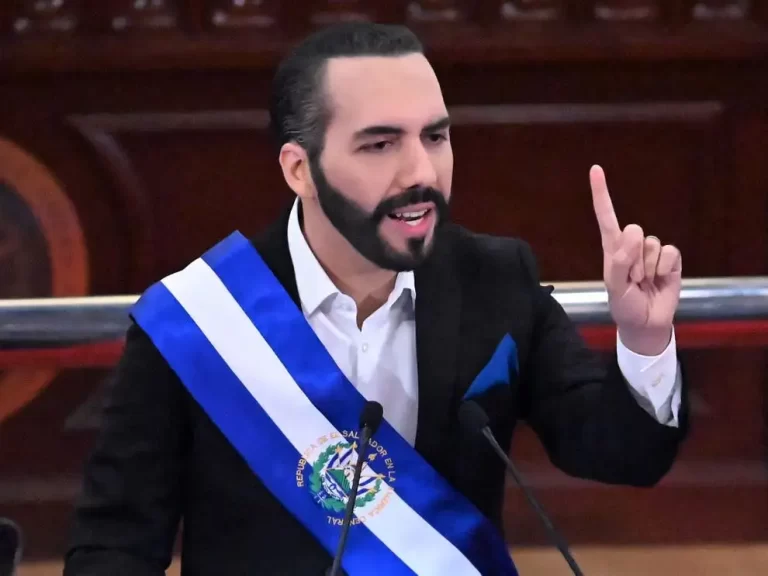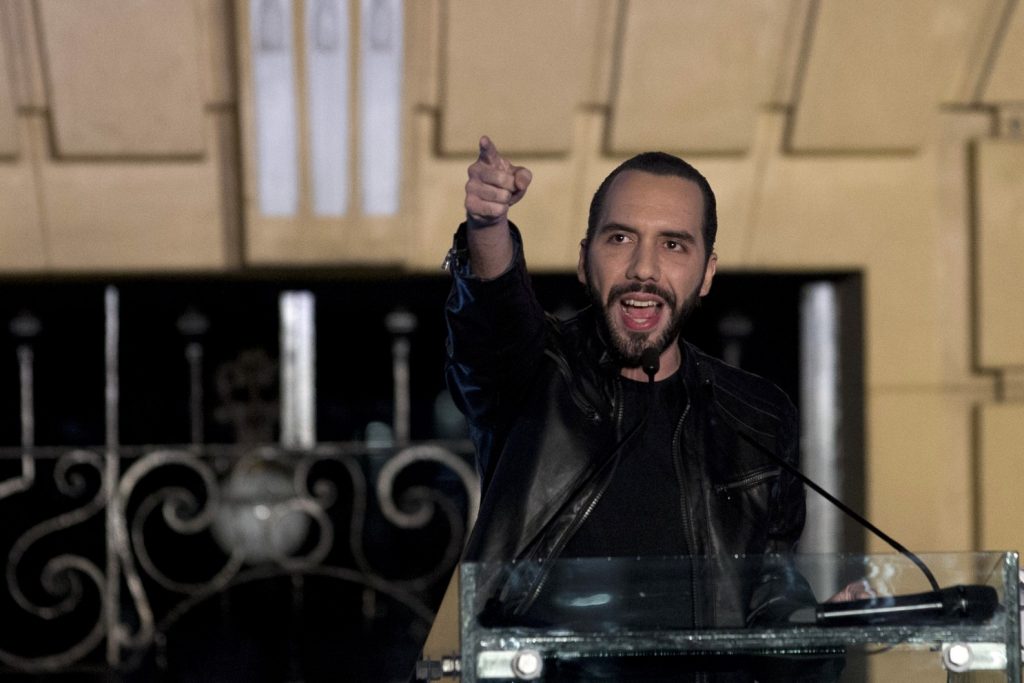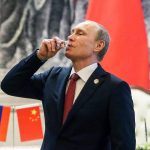Salvadoran president Nayib Bukele seems to duplicate the policy of Nicaraguan leader Daniel Ortega. In case it continues, an undemocratic axis to be controlled and used by China and Russia to destabilize the situation in the region and conduct anti-American policy, can be formed in Latin America.
El Salvador President Nayib Bukele has pitched a proposed law requiring people and organizations financed from abroad to register as “foreign agents,” following the lead of countries like the United States.
However, when the U.S. passed its own Foreign Agents Registration Act in 1938, World War II was on the horizon and the U.S. government was concerned about the spread of Nazi propaganda.
While Bukele says the legislation is modeled on the U.S. law, the U.S. version seeks to make transparent foreign governments’ or organizations’ political activity in the United States. For example, their lobbyists have to register as foreign agents, but their activities to influence U.S. policy are allowed.
The very different political context in today’s El Salvador is raising concerns about the proposal that could be voted on as soon as Wednesday. This mechanism is widely used by authoritarian governments to restrict freedom of speech and fight opposition. If this bill is passed, Bukele’s administration will have a legal excuse to intimidate or effectively curtail the operations of independent civil society and media groups.
The proposed law would require any person or organization in El Salvador conducting activities that respond to interests, controlled or financed, directly or indirectly, by a foreign principal to register as foreign agents. Failure to register would allow the government to shutter an organization. In the committee, lawmakers increased the proposed financial penalties and added the possibility of prison time. Registered foreign agents would be barred from “realizing activities for political or other ends, with the objective of altering public order, or that put at risk or threaten national security, the social and political stability of the country’. The El Salvador law, however, explicitly prohibits such political activity. The government would furthermore apply a 40% tax to those foreign funds coming to registered foreign agents. Bukele is quickly turning into Latin American first millennial dictator. Bukele has already used state agencies to harass journalists, investigate opposition parties, and undermine government oversight.
After initially offering an interview with one of the president’s legal advisers to discuss the legislation, Bukele’s office did not follow through. The administration said the law is necessary to protect citizens from foreign meddling.
Two years into his term, Bukele enjoys high popularity. Earlier this year, his supporters gave his party a sweeping electoral victory allowing them to control the Legislative Assembly. The new congress in turn immediately replaced the judges of the Supreme Court’s constitutional chamber and the attorney general, all of whom had proved an obstacle to some of Bukele’s moves, especially early in the pandemic.
Bukele and his coalition virtually eliminated all institutional checks on his power, nongovernmental institutions and independent media are among the few voices in El Salvador in a position to hold the government to account.
A foreign agent law passed in Nicaragua last year. Similar laws to persecute civil society were enacted in Russia and Hungary.
Closer to El Salvador, the effects of the law in Nicaragua were dramatic. In August, Nicaragua cancelled the registration of at least 45 NGOs for allegedly not fully reporting their activities to the government.
Guatemala’s congress reformed its nongovernmental organizations law last year. It brought additional government oversight to their activities and funding sources and gave the country’s Interior Ministry broad latitude in determining compliance. Non-compliance, as in Nicaragua, can be punished with cancellation of organizations’ registration.
One of the law’s articles opened the possibility of legal action being brought against organizations considered to have altered public order. A Guatemalan far-right organization has sued two organizations representing farm workers for promoting protests against the government
Lawmaker Christian Guevara, leader of Bukele’s New Ideas party in the Legislative Assembly, called out some organizations by name. One of them was Cristosal, a humanitarian organization founded by Anglican bishops to fund justice and human rights promotion efforts in El Salvador. Another potential target named by Guevara is the independent news outlet El Faro, a place he worked at almost two decades ago. El Faro has been critical of Bukele’s administration. Sergio Arauz, El Faro editor, claims the legislation aims to pursue critical voices.
Few world leaders have navigated the Covid-19 crisis for their own political benefit better than the Salvadoran president. ‘The pandemic was a blessing for Bukele,’ Carlos López Bernal, a professor of history at the University of El Salvador, says. ‘He presented an apocalyptic scenario to which the only solution, supposedly, was to give the president everything he asked for. More money and more power’.
Bukele’s approval rating remains above 75%, boosted by promises of Chinese investments in large infrastructure projects and a region-leading vaccination campaign.
‘The interesting thing about Bukele is his ability to capitalize on popular disenchantment with the political parties while proposing nothing’, López Bernal, says. ‘He has no interest in ideology and there is no political thinking behind his plan for the country’.
Bukele has used his popularity to consolidate and perhaps extend his stay in power. In February his party won a supermajority in legislative elections; a year later, he wasted little time replacing judges on the constitutional panel of the supreme court and approved a plan to fire all judges over the age of 60. He has also created a hostile environment for local independent media and civil society.
Bukele has far more in common with Central American historical dictators than initially meets the eye. He is putting loyalists in key power positions, using intimidation against the legislature and opposition, and attacking the media.
Bukele’s ultimate goal appears to be rewriting the country’s 1992 constitution, signed in the aftermath of El Salvador’s civil war, in order to radically reshape the politics of the country. In September, days before Salvadorans celebrated 200 years of independence, his newly appointed judges in the constitutional chamber ruled that he could run for consecutive terms. In recent years, courts in neighbouring Honduras and Nicaragua have abolished term limits intended to prevent presidents becoming entrenched in power.
‘The bicentennial is a significant date and on social media the talk is of a ‘new republic’ with a new constitution’, López Bernal says. ‘But behind the pretense of reform, the real motive is for Bukele to remain in power, and the Salvadoran institutions are too weak to protect the constitution or put limits on a megalomaniac president’.






